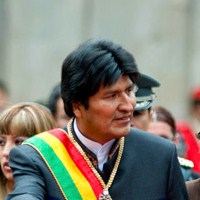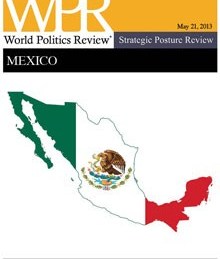
Bolivian President Evo Morales’ successful push to clear the way for a potential third term in office has reinforced the fears of many observers who, ever since he was first elected president in December 2005, have lumped Morales in with the wave of populist, anti-democratic leaders in Venezuela, Ecuador and Nicaragua. Morales joined ALBA, the alliance of leftist countries assembled and underwritten by former Venezuelan President Hugo Chavez; he engaged in the time-honored tradition of leftist “yanqui” bashing; and he has whittled away institutional checks and balances on executive power. But in important economic and political ways, Bolivia was and […]


